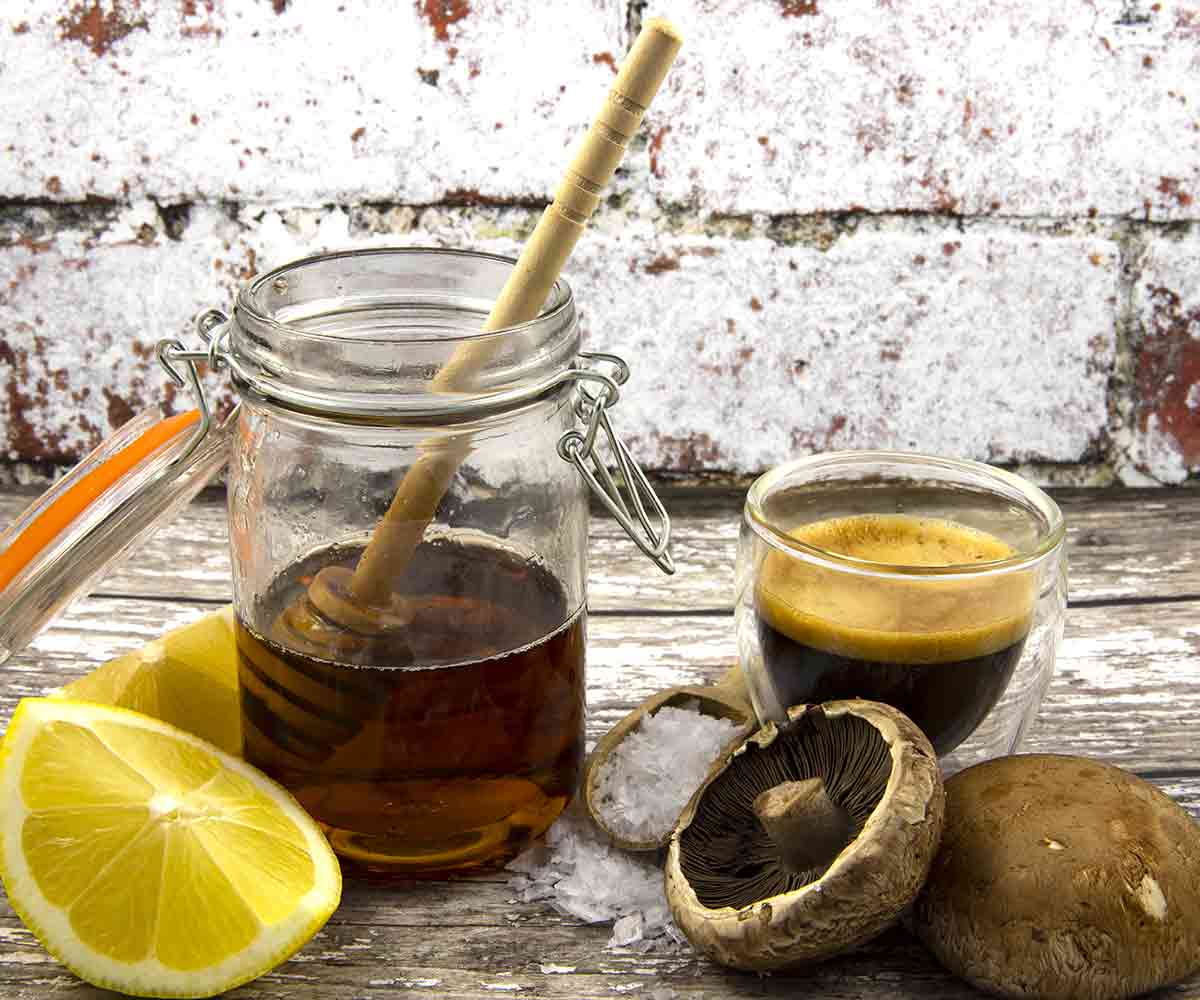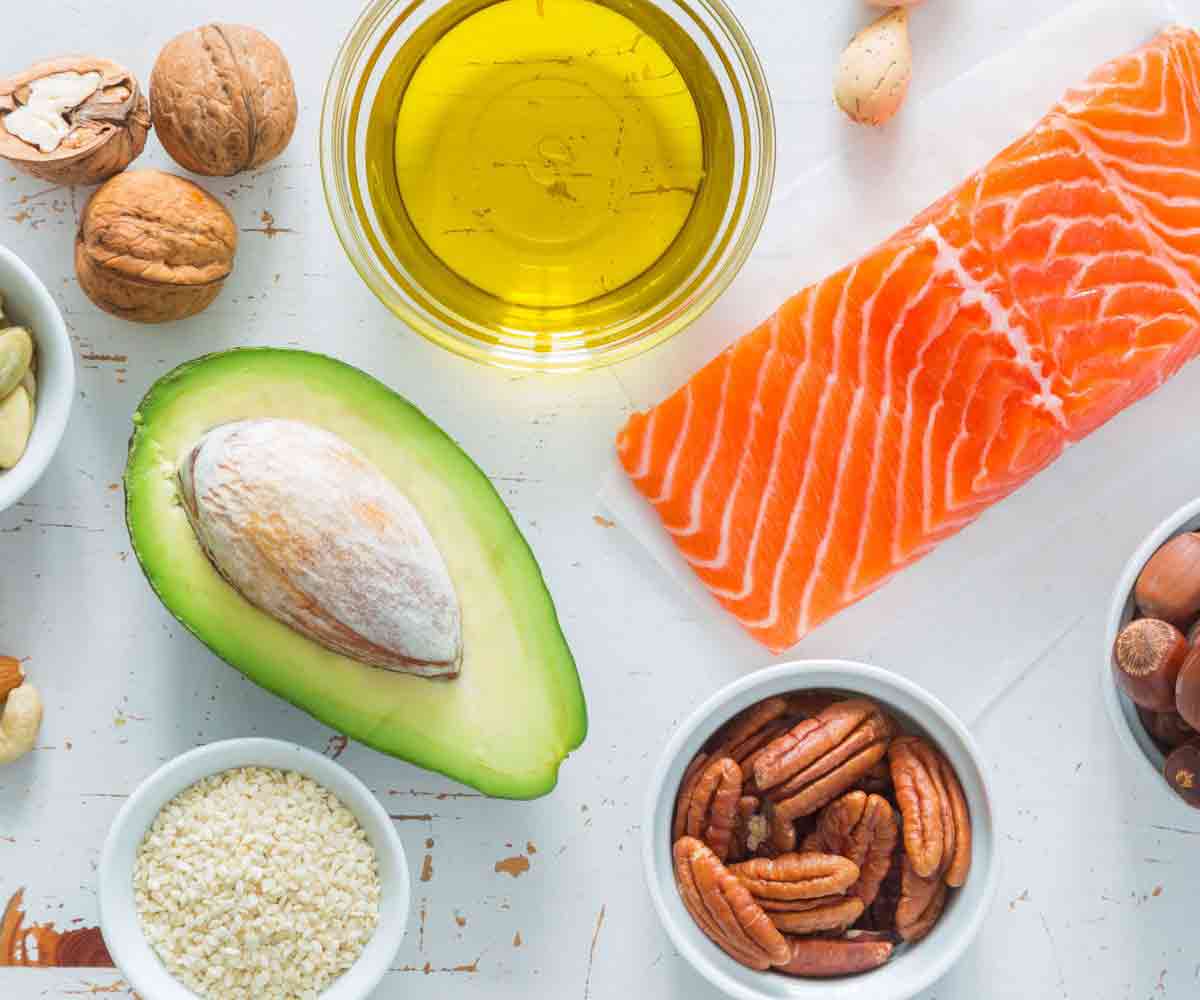A healthy digestive system is at the root of all health. That’s logical because your digestive tract is the basic source of the nourishment every cell in your body needs. Your gut is a very delicate ecosystem with more flora (healthy bacteria) in it than all the other cells in the body put together. When this ecosystem is healthy, your digestive tract has the proper balance of stomach acids and bacteria. This allows your body to breakdown food for nourishment and cell repair.
Food and the Five Tastes
I am a long time proponent of a whole food, plant-based diet and a health counselor within the principles of macrobiotics. I adore the whole concept of ‘chi’ (energy) as expressed within Traditional Chinese Medicine (TCM). The five transformations of energy have always made such sense to me, and I love the sense and sensibility it brings to understanding health. A key concept in that understanding is the five tastes.
Increasing Your Energetic Vibration Today: 11 Tips
Sometimes, no matter how hard you try, getting out of a funk can seem futile. No attempt is ever wrong, but there might be a better way, and this is to change your energetic vibration. We are all made up of energy. It’s not just those of us in the mindful community using trendy terms like awake, aware, and vibration. You are energy. Therefore you are vibrating.
How to Let Go of the Scale Without Letting Yourself Go
Scale Obsession
According to Harvard Health, for most dieters, preventing the pounds from coming back after working so hard to lose them, is the biggest challenge. On average, people regain two-thirds of the weight that they’ve lost within two years. One way people try to prevent gaining (or regaining) weight is through daily weigh-ins. On one hand, this idea makes logical sense. When the number on the scale starts to increase, you know it’s time to tighten up the diet and/or hit the gym more.
Beginning the Croissant Diet: Part Two
For decades now, I have believed that polyunsaturated fat from sources such as corn oil, soybean oil, safflower oil, and canola oil is a very bad idea. They are highly prone to oxidation and associated with all kinds of diseases. But the more I researched, I was coming to the inevitable conclusion that monounsaturated fat could also contribute to obesity. That was the beginning of the croissant diet.
Monounsaturated fat has always been a kind of happy middle ground for traditional nutritionists who have moved away from promoting soybean oil and Weston A. Price people who promote butter. No one ever really has anything bad to say about olive oil. But everything I learned suggested that olive oil could cause weight gain.
Summer Vegan Healthy Recipes
Soon we will be enjoying the longer days and warmer weather of the spring and summer. It’s such a joy to be out on our bikes and taking some fabulous hikes in nature. These warm days also mean that it’s time to break out our summer recipes.
The foods that are most needed when the weather is warm are salads, fruits, green vegetables, and those that involve lighter cooking. A quick vegetable stir fry is one of our favourites, with a huge fresh salad and one of my delicious dressings.
Diet and Human Ecology
The biosphere is a delicate and dynamic system of energy, as well as one of organic and inorganic matter. When we disrupt any part of it, the results ripple out and have far-reaching effects, often seemingly unrelated to their source. We search in vain to find some alien cause. Our attitudes regarding degenerative disease are a good example. When we focus on specific nutrients in our diet, we fail to see the bigger, truer picture. We often fail to see how our food choices are driven by emotional and social influences and not physical need. This is why understanding diet and human ecology is so important.
How I Eliminated My Spare Tire on the Croissant Diet: Part One
The croissant diet or how I eliminated my spare tire by eating croissants using the six scariest words in the English language: saturated fat, insulin resistance, and free radicals.
The Croissant Diet
While researching for the series “The ROS Theory of Obesity,” I came across Valerie Reeves’s thesis via a post from Hyperlipid. She fed a group of mice a diet with an even split of carbohydrates and fat and relatively low protein. Most of the fat was stearic acid, a long-chain saturated fat that is most common in beef fat, cocoa butter, and dairy fat. The mice fed this diet became very lean, but in particular, they had very little abdominal fat and more lean mass compared to mice fed a high starch diet or mice fed a diet high in oleic acid, a monounsaturated fat found in olive oil.
Daily Mindfulness and Meditation to Cope with Stresses of Daily Life
What does it mean to be ‘mindful’? How do you know if you’re actually meditating? Daily mindfulness, meditation, yoga, and all kinds of practices are becoming more popular as many struggle with the stresses of daily life.
There are lots of excellent resources online for anyone who would like to learn how to meditate, which is just a word to describe the use of a practice or technique to focus or train the mind to achieve various positive outcomes. Everything from better attention to increased ability to solve problems and increased awareness and peace of mind are all proven benefits. Meditation and/or daily mindfulness is also a spiritual practice for many who utilize it. See the studies below.
How Much Fat Should You Eat? An International Perspective
One of the biggest observations I had when I first came to the US was the massively different role that fat-based foods plays in people’s daily lives, along with the entirely different psychology around it.










